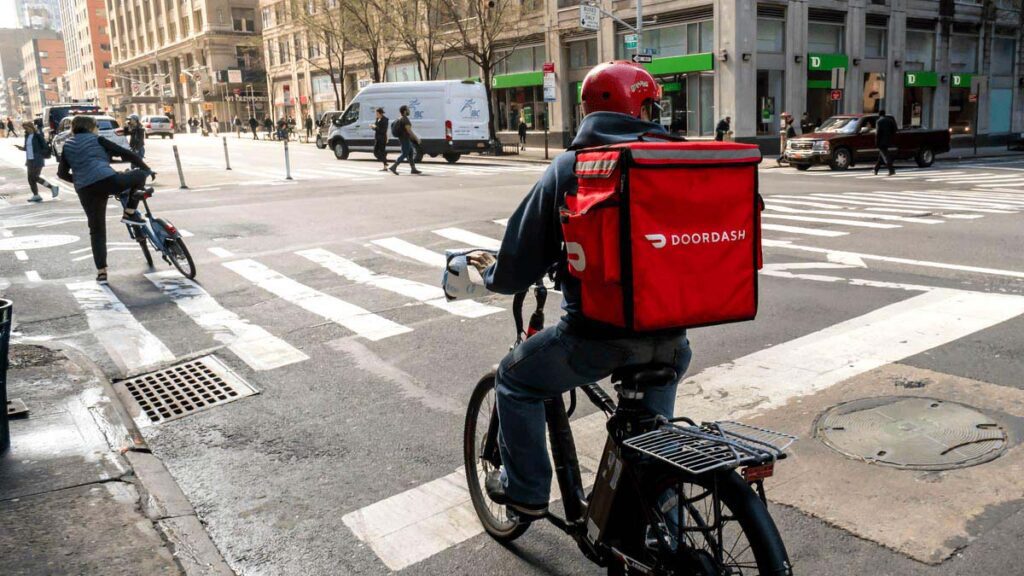DoorDash pays $5 million to settle San Francisco worker misclassification probe

Food delivery company DoorDash Inc is paying more than $5 million to settle an investigation by San Francisco into alleged labor law violations, with the bulk of the money going to delivery workers, the city attorney said on Monday.
The San Francisco Chronicle was first to report the news Monday, quoted San Francisco City Attorney David Chiu, “We believe (DoorDash couriers) were misclassified and should have been employees for years.”
He added: “That is not part of the settlement, but it is the perspective of the city.” As part of the settlement announced Monday, most drivers will get between $500 and $1,000, and the Chronicle reported that both sides agreed to the settlement to avoid a prolonged court battle.”
We are proud of the flexible earning opportunities and meaningful benefits and protections Proposition 22 affords Dashers across California, DoorDash spokeswoman Briana Megid said in a statement.
However, DoorDash exceeded expectations by not admitting to any wrongdoing as part of the settlement.
“While we deny any wrongdoing, we feel that this settlement represents a fair compromise that will allow us to focus on continuing to provide the best experience for Dashers,” Megid noted.
California’s gig workers law, which voters approved in November 2020 as ballot measure Proposition 22, allows companies like Uber, Lyft, and DoorDash to consider workers as independent contractors, not employees. A judge ruled in August that the law was unconstitutional, but it remains in effect pending an appeal by the companies.
It is worth mentioning that the city started a formal investigation into DoorDash in 2019 after media reports said the company was using customer tips to subsidize workers’ base pay.
The city alleged DoorDash was violating San Francisco’s health care benefit and paid sick leave laws by misclassifying workers as independent contractors, rather than employees.
Least but not last, the settlement is part of a larger fight between gig economy companies and lawmakers, which culminated in a California ballot initiative here in Nov. 2020, during which voters cemented gig workers’ status as independent contractors, while entitling them to some benefits here.
